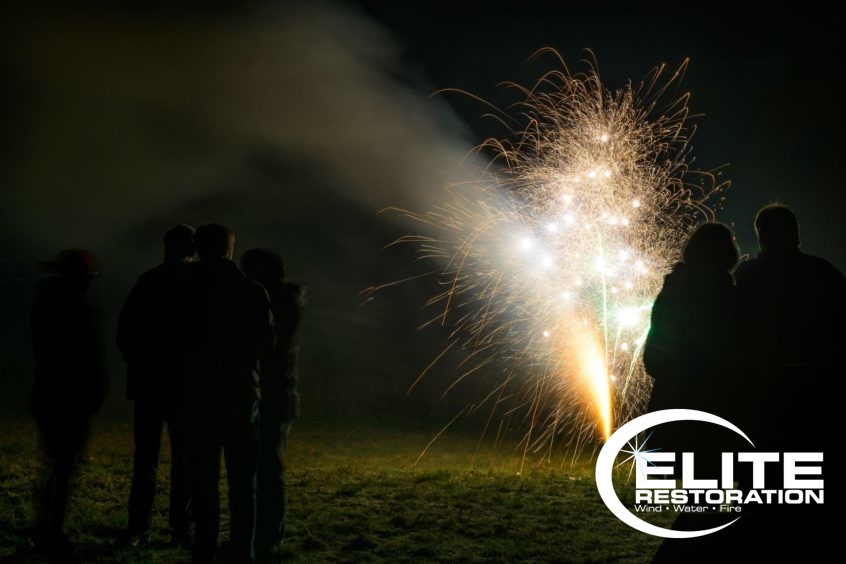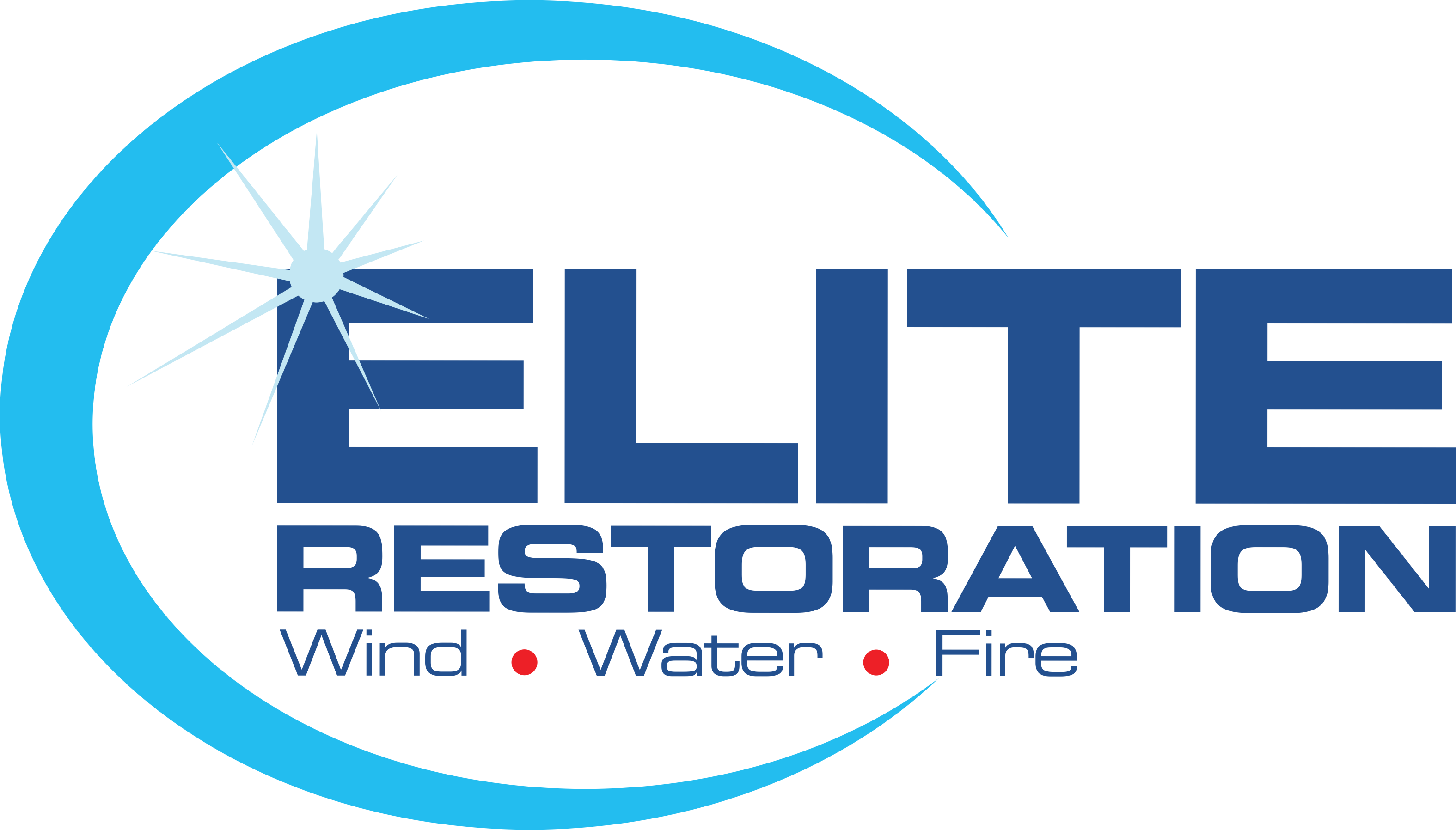5 Fire Safety Tips for Your Summer!

Summer weather means it is time for BBQs, Fourth of July fireworks, and all sorts of campfire fun. It’s the season to enjoy bonfire with friends, or roast marshmallows in the backyard fire pit. But while you’re having fun around the fire, it’s also important to take steps that ensure that everyone is safe. By observing a few simple fire protection guidelines, you can protect your home, loved ones, and the nature around you.
Here are 5 summer fire safety tips:
1. Keep a bucket of water handy
If an ember floats out of your fire pit, or a log falls down from your bonfire stack and sets something on fire, you don’t want to waste time scrambling for a way to put the fire out. Having a bucket of water nearby is a great first response tool to keep a fire under control.
2. Firework Safety
Fireworks are a fun part of summer, but lighting your own fireworks can be dangerous. It’s always safer to go to a professional fireworks show, rather than setting them off yourself. But, if you do decide to do fireworks yourself, follow these tips or firework safety:
- Make sure that children and pets are away from the fireworks. Sparklers and pinwheels may seem low risk, but the reality is that there aren’t any fireworks safe enough for kids to use without adult supervision.
- Again, keep some water ready in case something goes wrong
- Light fireworks away from the house and other flammable objects.
- Never ignite fireworks in a glass bottle.
- Dump fireworks that didn’t work in a bucket of water, don’t try to re-light them.
3. Grill Safety
According to the NFPA, July is when most grilling accidents occur. Take some precautions while using your grill:
- Make sure that the grill is placed away from your home or any building. Keep it away from the deck railing, and move it out from under eaves or overhangs.
- Never leave it unattended.
- Don’t let barbecue grease build up. On both charcoal and gas grills, gunk can accumulate over time, so it’s important to keep it clean to prevent accidental grease fires
4. Campfire Safety
A chilly summer night and a warm campfire often go hand-in-hand. If you build a campfire or bonfire, be careful. Accidents can happen easily around an open flame. Always use caution while around a fire:
- Don’t run near a fire.
- Keep lighter fluid, gasoline, and other flammable liquids away from the fire.
- Always watch children and pets around a fire.
- Don’t leave a campfire unattended.
- Opt for smaller campfires. Though a big burning flame can be impressive, they are often unsafe and can be dangerous to those around.
- When putting out a campfire, make sure there are no embers leftover. Use water to drench the ashes.
- Check surrounding areas. Deck railings, overhanging branches, dry grass or that pile of dry wood and recycling sitting in the back corner of your yard are highly flammable. If you’re camping, clear out the area immediately around your BBQ or campfire spot to be sure that there’s no scrub or brush nearby that could ignite if a spark lands on it.
5. Put out the flames
While it might seem romantic to fall asleep in front of a campfire, you really should dump water or sand on those embers before catching some shut-eye. The same goes for BBQs – close your propane valve and the unit’s lid, as well as any vents on a charcoal grill once you’re done. Unsupervised BBQs can easily tip over in the wind. A breeze can pick up and carry coals and embers from that campfire, dropping them where they can ignite dry grass, branches, trees or deck planks.

